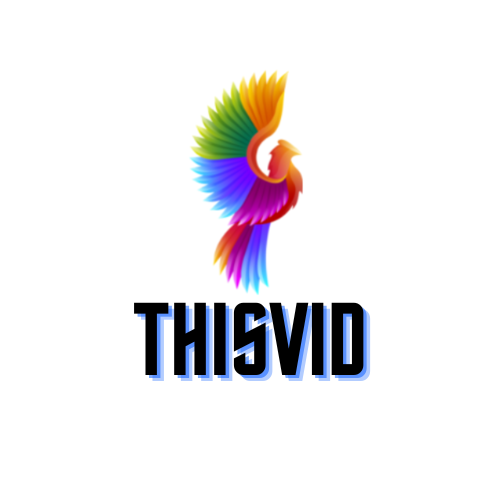Dota 2, developed by Valve Corporation, is one of the most popular multiplayer online battle arena (MOBA) games in the world. With a dedicated player base and a competitive environment, many players aspire to climb the ranks and prove their skills. However, some individuals take a different route to success in the game by using Dota 2 boosting services, a practice that has sparked controversy within the gaming community. In this article, we’ll delve into the world of Dota 2 boosting, exploring what it is, its impact, and the ethical questions it raises.
Understanding Dota 2 Boosting
Dota 2 booster, also known as MMR (Matchmaking Rating) boosting, involves hiring a skilled player to play on your account and raise your in-game rank. The goal is to help the client achieve a higher MMR, which corresponds to a higher skill level and better matchmaking games. Boosting services can be provided by professional players or individuals who excel at the game.
The Controversy Surrounding Dota 2 Boosting
Unfair Competition:
One of the main criticisms of Dota 2 boosting is that it creates an unfair competitive environment. Players who purchase boosting services gain an undeserved advantage, as they are matched against opponents who may not be as skilled as their new MMR suggests. This can lead to frustrating and imbalanced matches for other players in the game.
Erosion of Skill Development:
Boosting undermines the purpose of the ranking system in Dota 2, which is intended to match players of similar skill levels against each other. When players pay for a higher rank, they miss out on the valuable experience of improving their skills and gradually climbing the ladder through their own efforts.
Toxicity and Account Sharing:
Boosting often involves sharing login information, which can lead to account security risks and breaches of the game’s terms of service. Furthermore, the players who boost accounts may exhibit toxic behavior or negatively affect the gaming experience for other players.
Economical and Ethical Concerns:
Boosting services can be expensive, and some individuals make a living from offering these services. This has raised ethical questions within the gaming community. While some argue that boosting is simply a service like any other, others believe it compromises the integrity of the game.
The Impact on the Dota 2 Community
Dota 2 boosting undoubtedly has a significant impact on the game and its community. It can lead to:
Increased toxicity: Boosters and boosted accounts often engage in disruptive behavior, which can negatively affect the overall gaming experience for other players.
Skill disparity: Matches can become unbalanced, leading to frustration and discouragement for those who face players with artificially inflated MMR.
Unintended consequences: The prevalence of boosting can encourage players to buy their way to higher ranks rather than investing time and effort in improving their skills.
Valve Corporation has taken several steps to combat Dota 2 boosting, including banning accounts found to be involved in boosting activities. However, the practice persists due to the demand for quick rank increases. The battle against boosting continues as the gaming company strives to maintain the integrity of their game.
The Ethical Dilemma
Dota 2 boosting poses a significant ethical dilemma within the gaming community. On one hand, it is a service that players willingly pay for to achieve their in-game goals. On the other hand, it disrupts the fair and competitive nature of the game and can lead to negative experiences for other players.
Conclusion
Dota 2 boosting is a controversial practice that continues to divide the gaming community. While some view it as a legitimate service, many argue that it compromises the fairness and integrity of the game. As the Dota 2 community grapples with these issues, the battle against boosting and its impact on the game’s ecosystem remains an ongoing concern. Ultimately, the decision to use boosting services should be made with careful consideration of the consequences it may have on both the individual and the broader Dota 2 community.
